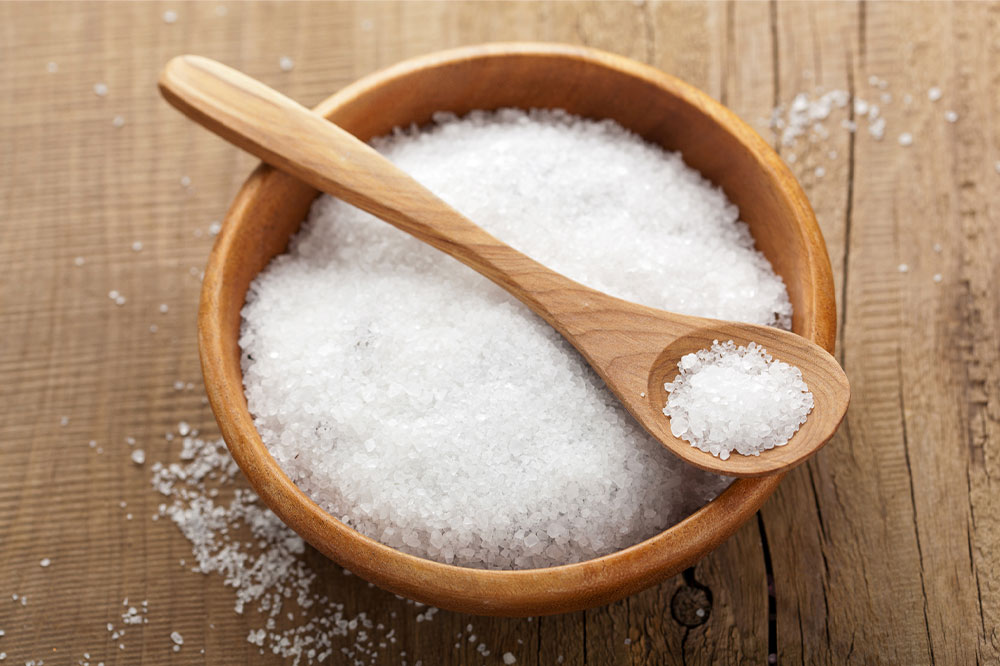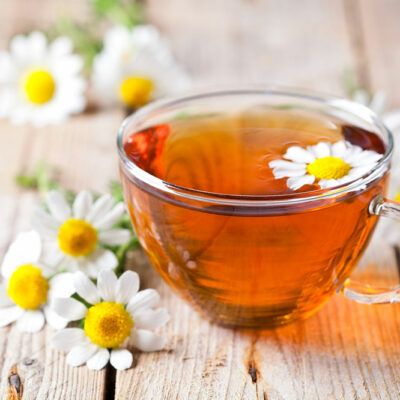9 Foods to Avoid When Managing Atrial Fibrillation

Atrial fibrillation (AFib) is a health disorder that causes a person’s heartbeats to become irregular. This happens because the regular rhythmic pumping of the atria or the upper chambers of the heart is disrupted. As a result, the heart’s function becomes less efficient. Although there is no permanent cure, treatments and lifestyle changes, such as the food one eats and avoids, can help. Here is a list of foods to avoid with atrial fibrillation and what to eat instead.
Foods to avoid with atrial fibrillation
High amounts of salt in foods
Salt is an essential condiment for all meal preps since it enhances flavors. However, it should be had in moderation as too much salt increases the sodium level in the blood. This alleviates blood pressure and causes hypertension. As a result of this, the symptoms of AFib are triggered.
Energy drinks
One of the major ingredients of energy drinks is caffeine. In addition, these drinks contain an elevated amount of sugar or sugar substitutes. Over the long term, this combination is not only bad for overall health but also for AFib’s condition. While caffeine, as it is, has not been found to be bad for AFib symptoms, it drastically changes the heart’s rhythms when it is mixed with the other ingredients in energy drinks.
Grapefruit
A rich source of vitamin C, grapefruit is often recommended to keep away infections. However, it must be avoided by those having atrial fibrillation. This is because chemicals present in this fruit hinder the effectiveness of prescription treatments of AFib. Furthermore, the chemicals affect the absorption of these prescriptions in the blood. As a result, AFib symptoms may worsen over time. For anyone undergoing AFib treatment, it is recommended to consult their primary care doctor before adding grapefruit to meals.
Green leafy vegetables
Most health experts recommend adding leafy greens to meals due to the rich nutrient content of these vegetables. However, one of the key nutrients in these leafy greens is bad for those undergoing treatment for AFib. This nutrient is vitamin K. It is present in high percentages in kale, spinach, lettuce, collard greens, mustard greens, and arugula. The vitamin K in these vegetables may interfere with prescriptions given to treat AFib. So it is advisable to consult a doctor to understand whether any of these vegetables can affect the effectiveness of the treatments.
Deli turkey
Cold cuts such as deli turkey have high levels of salt, that is, sodium. This is one of the key ingredients that helps to preserve the meat. In addition, there are other compounds used to keep the meat tender and retain its flavor for a long time. This combination of sodium and chemicals is detrimental to heart health. So those with atrial fibrillation must avoid adding deli turkey.
Canned soups
Canned soups are another major category of foods to avoid with atrial fibrillation. This is because, similar to deli meats, canned soups also contain high sodium. Furthermore, they have artificial flavors along with added synthetic preservatives. These can affect heart health over the long term. As a result, irregular rhythms might be triggered, leading to the worsening of AFib symptoms. Always read the label of these while buying them from the supermarket to understand the percentage of sodium and other ingredients.
Fried foods
Every fried food is packed with one of the worst types of fats found in meals. It is called trans fats. From doughnuts to French fries, potato chips, deep-fried chicken, and so on have very high levels of trans fats. In addition, baked goods such as muffins, cakes, and cookies may contain trans fats. These fats increase the level of bad cholesterol and lower the level of good cholesterol in the body. This increases the strain on the heart and changes the heart rhythms. So it is best to avoid fried and baked foods as much as possible.
Butter
Most dairy products made from 2% milk or whole milk are rich sources of saturated fat. So foods such as butter, cheese, and cream made from this kind of milk have a high percentage of saturated fats. These fats can increase the level of bad cholesterol in the body. Processing this cholesterol puts a lot of pressure on the heart. This can make AFib symptoms worse. Thus, avoiding butter, cream, and cheese made with whole milk is recommended for those with AFib conditions.
Red meat
Pork, lamb, beef, and other types of red meat contain high levels of saturated fats. These raise the level of bad cholesterol or LDL cholesterol. High LDL cholesterol levels increase the risk of heart issues, including complications due to AFib. So it always helps to opt for leaner cuts of meat that are better for the heart.
Foods to eat with atrial fibrillation
While it is recommended to avoid certain foods to prevent AFib symptoms from worsening, few other foods can help improve heart health.
- Omega-rich foods
These include sardines, salmon, mackerel, herring, and tuna. Add these to regular meals for a healthy heart. - Berries
Fruits such as strawberries, raspberries, cranberries, and blueberries add color to meals and essential antioxidants. These antioxidants prevent oxidative stress and prevent damage due to free radical damage. This helps in improving the health of the heart. - Nuts
Almonds, walnuts, and hazelnuts also contain a high level of antioxidants. Having a handful of nuts for snacks helps lower stress related to the heart. This, in turn, helps in managing AFib symptoms.
Other foods that are good for the heart include the following.
- Brown rice
- Quinoa
- Barley
- Extra virgin olive oil
- Oats
- Lima beans
- Black-eyed peas
- Soy products
- Seeds
Note – It is advised to consult a nutritionist before making any changes to the meal plan. The doctor might guide you according to your health requirements.
















